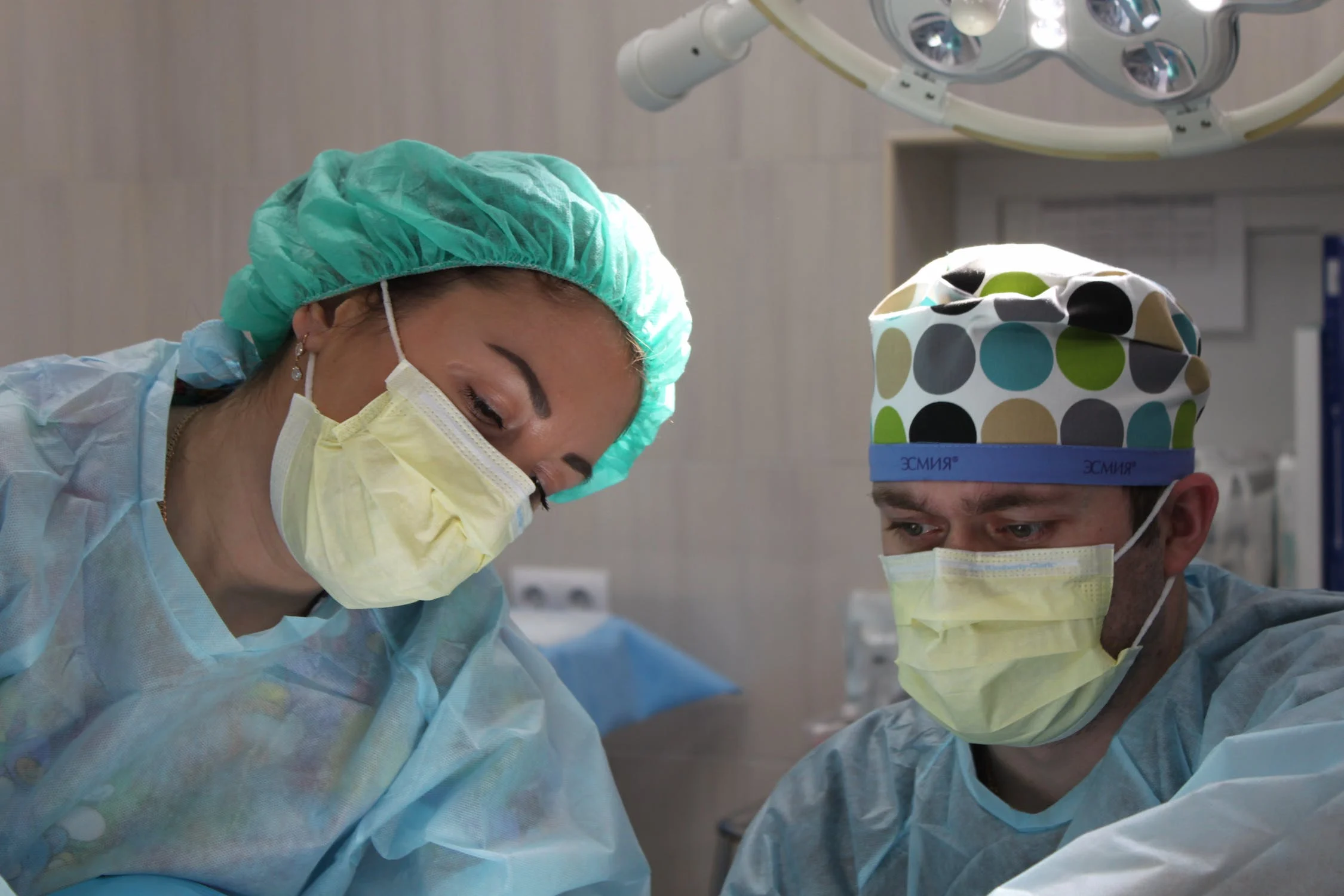
Just as Moodle has seen adoption in the corporate world (from education), the open source learning management system has quickly gained popularity in the Healthcare sector.Used by hospitals such as the Children’s Hospital of Los Angeles, the Children’s Hospital of Wisconsin, and Clinical Difference; Moodle has helped many in this industry increase the standard of care by providing healthcare professionals with consistent training.
1. Blended Learning in Moodle
Healthcare organizations are using blended learning techniques enabled by Moodle to provide a holistic approach to practitioner training. What exactly is blended learning in healthcare? It is the combination or ‘blend’ of various training approaches that help to achieve tangible learning outcomes; often times tied to the improvement of patient outcomes. Typical tools for a blended learning approach in healthcare include: online learning, simulations, coaching and mentoring, and classroom learning. To learn more about these components, download the eBook below.
2. Competency Based Learning & Training in Moodle
There is no question about the benefits of competency based training for a healthcare facility, as one of the fundamental advantages to this approach is the ability to measure the outcomes delivered after training and during the performance period that follows. With the “Pay for Performance” movement in healthcare, it is natural that we would seek a shift from measuring skills – and paying for skills – to measuring outcomes and paying for performance. Check out the eBook below to learn more.

3. Compliance Training in Moodle
The amount of mandatory compliance training in health care is unparalleled to any other sector. Before a hired person even steps onto a hospital or care facility, compliance training is required. This is true for doctors, nurses and even tradesmen who do work in hospitals. Before the advent of online training and open source learning management systems like Moodle, compliance training was a time-consuming, and administratively-heavy process. With Moodle, healthcare workers can logon to complete compliance training and recertification at their convenience. Administrators and compliance officers benefit from live updates on who has completed training, their scores and even recertification dates!
4. Communities of Practice & Communities of Expertise in Moodle
Clinicians from every profession recognize the difficulty of keeping a pace with the rapid advancements in knowledge. In between long hours and delivering quality patient care, it can be extremely difficult to find time to keep up with the learning. Communities of practice and similarly, communities of expertise in Moodle, help clinicians to efficiently share knowledge. Rather than ten practitioners reading lengthy studies, one can to provide lessons learnt to his or her colleagues.
5. Continued Education in Moodle
While Communities of Expertise keep clinicians in-the-know, continued education will provide them with structured advancement through measurable learning outcomes. This learning can be through either practical skills learnt on the job, and then reinforced with learning online; or knowledge-based learning such as certifications and applied courses specific to the practitioner's field. With Moodle, continued education for healthcare professionals is made easy, reliable and consistent!
There are many more ways Moodle can be used for healthcare. Get in touch with one of our Moodle experts to learn more about how we have helped Healthcare organizations around the globe achieve compliance, effectively train clinicians, and ultimately improve patient outcomes.






